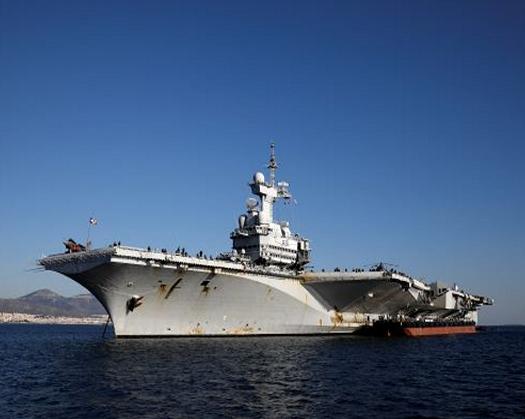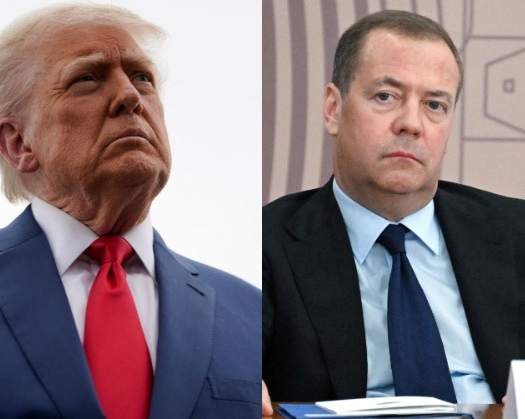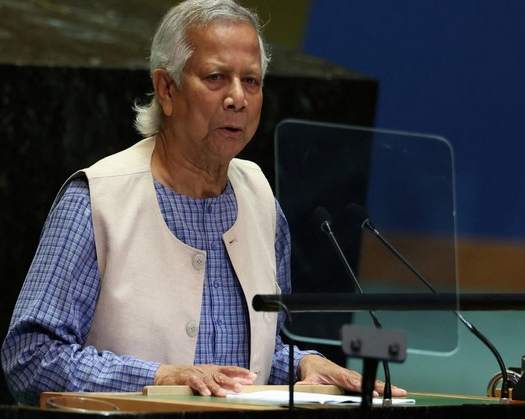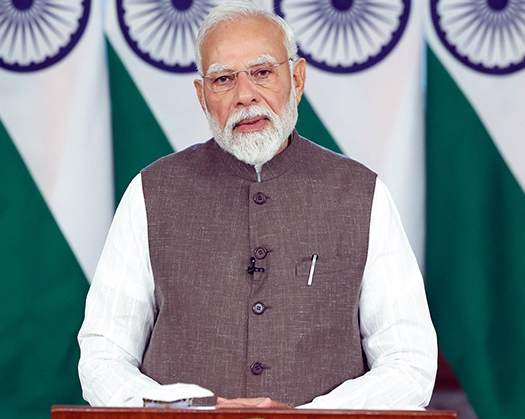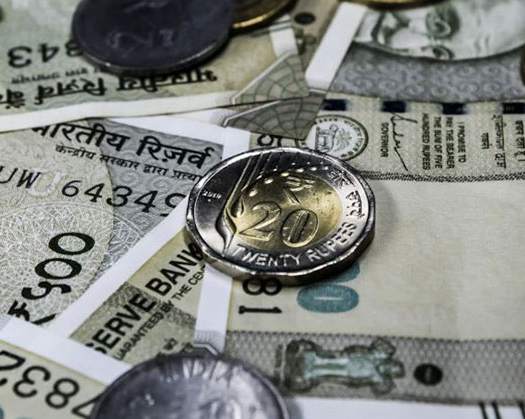Tokyo: A Chinese aircraft carrier group sailed Japanese seas over the weekend before departing to conduct fighter jet exercises.
According to a ministry statement, the Liaoning aircraft carrier, two missile destroyers, and one quick combat supply ship sailed around 300 kilometers southwest of Japan's easternmost island of Minamitori on Saturday, according to the Taipei Times.
According to a ministry official, this was the first time a Chinese aircraft carrier approached that section of Japan's exclusive economic zone (EEZ). We think the Chinese army is aiming to boost its operational capability and capacity to execute missions in distant regions, according to the Taipei Times.
China's rising military strength, as well as its deployment of naval and aerial resources to maintain contested territorial claims, have worried the United States and its Asian-Pacific partners. According to the Taipei Times, Japanese Chief Cabinet Secretary Yoshimasa Hayashi told journalists that the government had issued an appropriate message to the Chinese side, but he did not clarify if a formal protest had been filed.
Fighter planes and helicopters took off and landed on Sunday after the Liaoning and her escorting ships left Japan's exclusive economic zone, according to a ministry statement. According to a report published by the Taipei Times, Japan sent its battleship Haguro to the region to monitor the situation.
According to the government, the Liaoning sailed between two southern Japanese islands inside the EEZ last month, from the East China Sea to the Pacific, while performing takeoffs and landings on deck. According to the Taipei Times, the ship sailed between two Japanese islands near Taiwan in September of last year and entered Japan's contiguous waters, which extend up to 24 nautical miles (44 km) from its coast.
Tokyo viewed the action as unacceptable and had considerable concerns. According to the Taipei Times, international law gives a state the right to regulate natural resources and other economic activity inside its exclusive economic zone.

